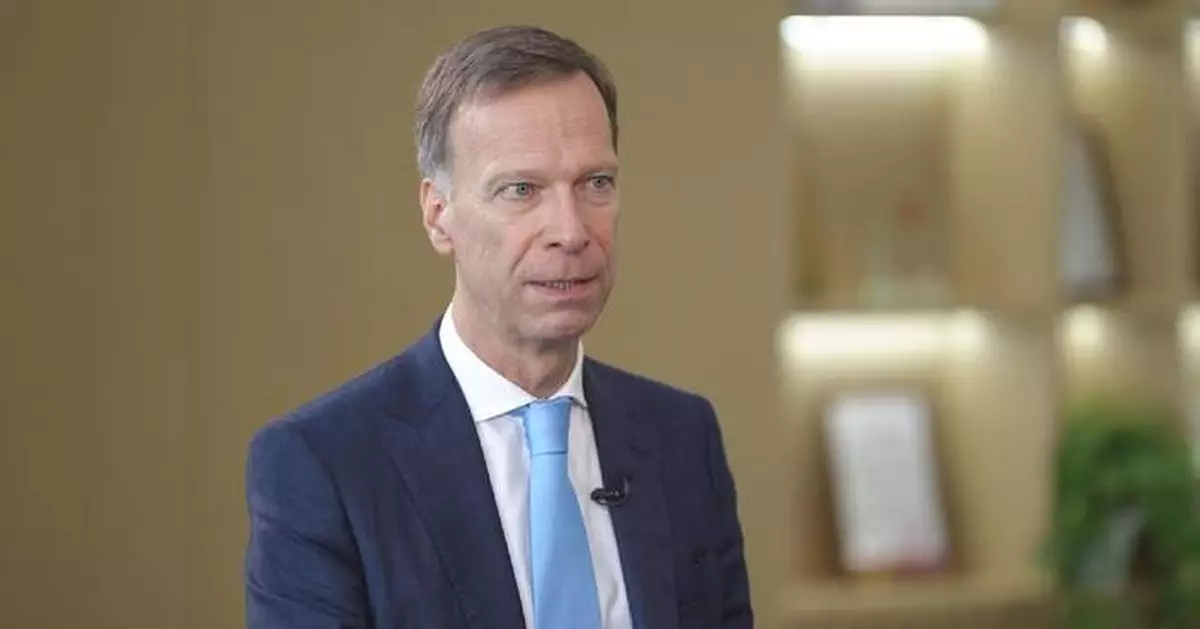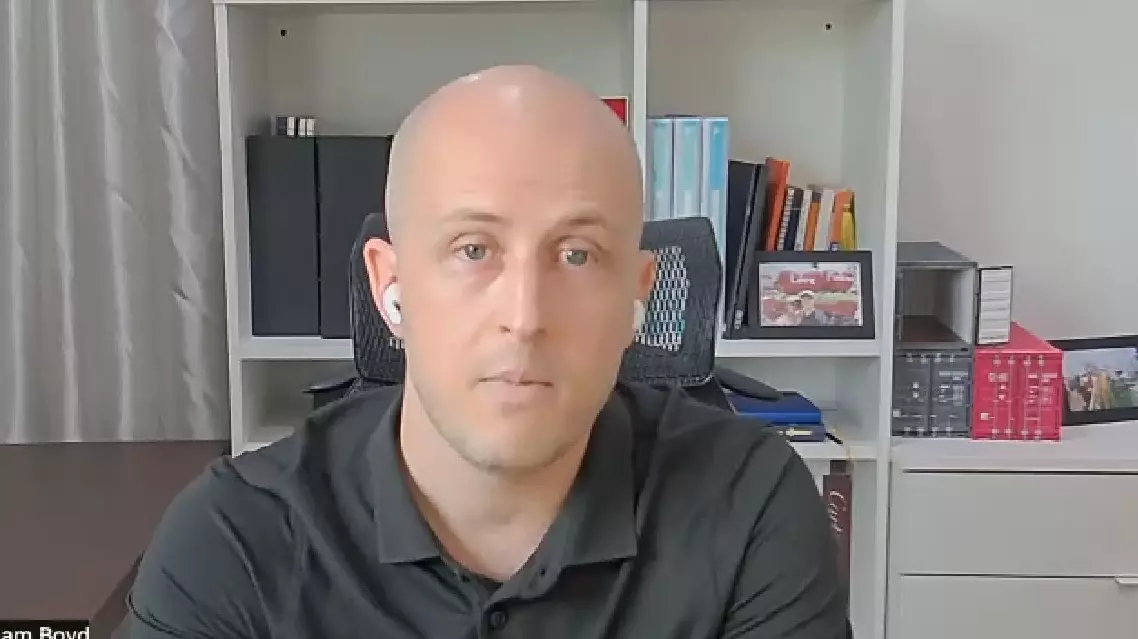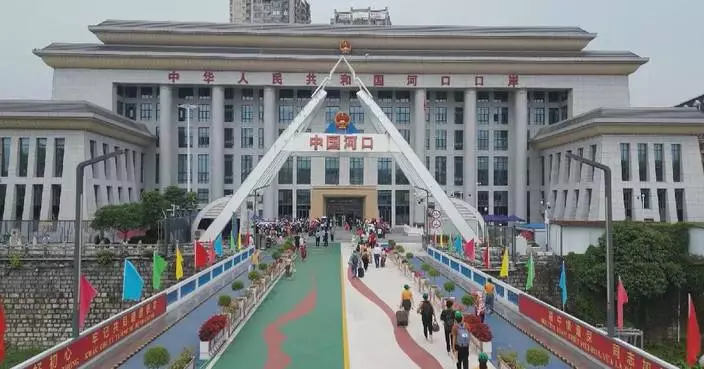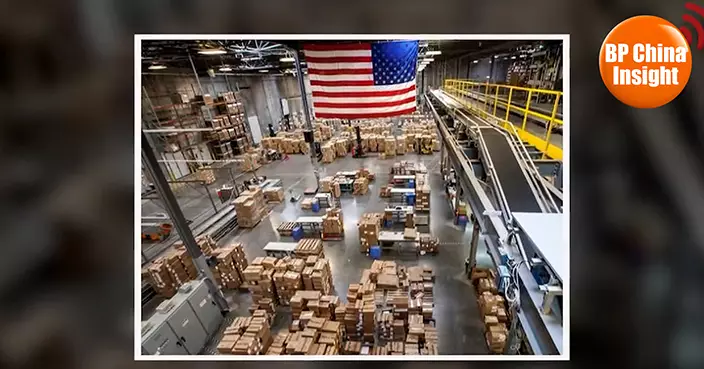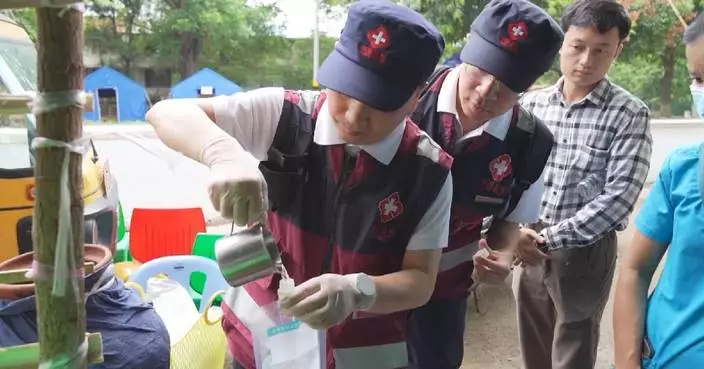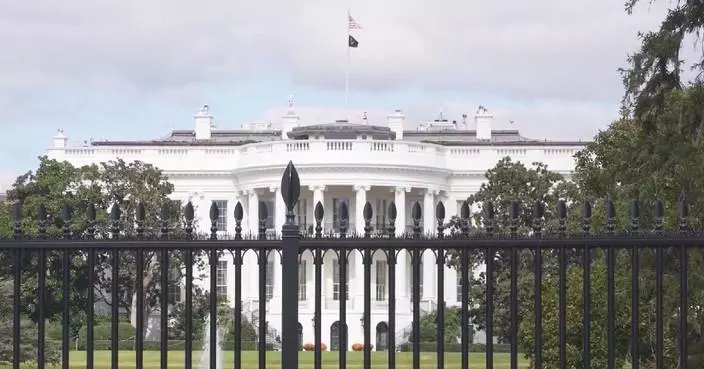An executive from the Japanese pharmaceutical company Astellas has lauded China's efforts to streamline drug approval, intellectual property (IP) protection and patient access through varied reimbursement avenues within its evolving pharmaceutical landscape.
Astellas has been in the Chinese market for 30 years. The company has focused on expanding Chinese patients' access to its innovative pharmaceutical products and has strengthened partnerships with local companies.
During an interview with China Global Television Network (CGTN), Claus Zieler, Chief Commercial Officer for Astellas, emphasized that China has notably shortened the approval time for medicines and strengthened IP protections.
"There have been many changes in 30 years. Notably, I would say the time it takes to get the approval for medicine in China has shortened. It used to be that clinical trials for China had to be done after approval in other parts of the world. And then you would have essentially a double way of doing clinical trials. It takes a lot of time that has now been shortened considerably. The other notable difference, I would say, is that protection of patents in China has improved. It used to be that foreign companies were sometimes afraid [that] would China have a protection of their intellectual property? That's been a very good trajectory where China has developed significantly in a very positive way," Zieler said.
Zieler noted that China's multifaceted healthcare insurance system, including national, city, and commercial insurance, ensures that a significant portion of the population has access to affordable medications.
"As you may know that the major way of bringing access in China is through the so-called national drug reimbursement list, NRDL, but that's not the only way. Sometimes we have good negotiations with the government on NRDL, sometimes we also have other options in China, such as city insurance or commercial insurance. For instance, in one of our medicines, we have 67 city insurance payers who signed up to reimburse this medicine. So, 80 million people can profit off the benefits of this drug just through this particular insurance scheme," he said.
He reiterated that the pharmaceutical giant is dedicated to establishing significant partnerships throughout the value chain in China.
"The way we do that is by looking for partnerships across the value chain. For instance, we just signed an agreement with Elpiscience recently. That's a more research collaboration, we're also looking for manufacturing collaborations. Sometimes in one case, we have a commercial collaboration. So, it's really when our interests and the partners' interests meet and we have a win-win situation, that's when we partner. And it can be in any of these parts across the value chain," Zieler added.

Japanese pharma executive praises advancement, affordability in China's pharmaceutical evolution


